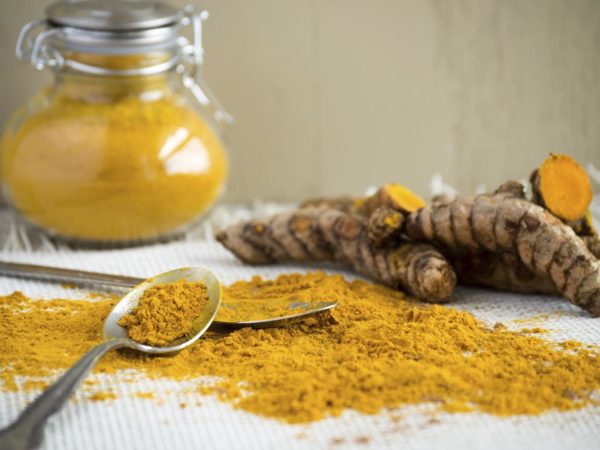Sabotaging Helpful Inflammation?
Given that inflammation is caused by the rush of immune cells toward an injured area of the body, can consuming too many anti-inflammatory agents impair the body’s ability to combat infections and heal injuries?
Andrew Weil, M.D. | April 19, 2013

Yes. Inflammation is the body’s healing response to injury or attack by germs. You can see and feel inflammation on the surface of the body as local heat, redness, swelling, and pain. It brings more nourishment and more immune activity into areas that need them.
That’s the positive side of inflammation. However, chronic, imperceptible, low-level inflammation that serves no purpose appears to be the root cause of most serious, age-related diseases, including heart disease, cancer, and neurodegenerative conditions such as Alzheimer’s and Parkinson’s diseases. It may even cause depression.
I’ve written a lot on this site about steps we can take to combat inappropriate inflammation. Diet has a huge impact, so much so that I believe that most people in our part of the world go through life in a pro-inflammatory state as a result of what they eat. Genetics, a sedentary lifestyle, too much stress, and exposure to environmental toxins such as secondhand tobacco smoke also play a role. I’m convinced that the single most important measure to counter chronic inflammation is to stop eating refined, processed, and manufactured foods. I’ve designed my anti-inflammatory diet and food pyramid to help you make better choices.
It should not be surprising that powerful anti-inflammatory agents can impair the immune system’s ability to fight off infections and promote healing. This is a well-known effect of long-term use of corticosteroid drugs, often prescribed to treat serious inflammatory conditions such as arthritis, lupus, multiple sclerosis, and eczema, and some types of cancer. While these drugs can quickly reduce symptoms, over time they increase risk of infection and slow wound healing. (These drugs have other serious side effects as well. They can increase blood pressure, lead to fluid retention that causes swelling in the legs, cause bone thinning and fractures, and lead to weight gain and mood swings.) That is why it is important to use these potent drugs sparingly, in the lowest possible doses and for the shortest possible times.
Natural anti-inflammatory agents like turmeric and ginger will help tone down inappropriate inflammation but will not impair the ability of your immune system to respond to injury or infection, nor will eating an anti-inflammatory diet.
Andrew Weil, M.D.










